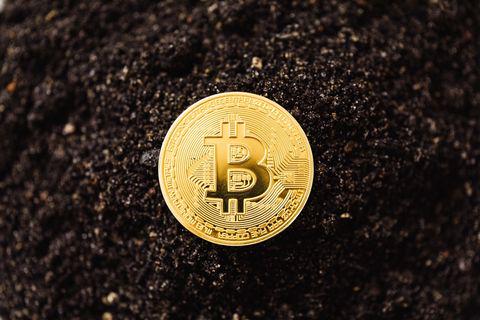
Bank of Indonesia Governor Perry Warjiyo announced that Jakarta is following the lead of the BRICS bloc to reduce dependence on the USD and diversify the use of currency in international trade. Indonesia is "more concrete" than the BRICS...

Don’t waste your time – keep track of how NFP affects the US dollar!
Data Collection Notice
We maintain a record of your data to run this website. By clicking the button, you agree to our Privacy Policy.

Beginner Forex Book
Your ultimate guide through the world of trading.
Check Your Inbox!
In our email, you will find the Forex 101 book. Just tap the button to get it!
Risk warning: ᏟᖴᎠs are complex instruments and come with a high risk of losing money rapidly due to leverage.
68.53% of retail investor accounts lose money when trading ᏟᖴᎠs with this provider.
You should consider whether you understand how ᏟᖴᎠs work and whether you can afford to take the high risk of losing your money.
Information is not investment advice
Russia may turn to cryptocurrency when it is banned from the SWIFT payment system. Analysts warn that if Russia is able to use crypto to circumvent sanctions, “political support for crypto in the US will fall and regulatory risks will increase.”
Bitcoin defied the stock market plunge on Monday, climbing 9.3% amid what analysts said was increased demand from buyers in Russia and Ukraine. The cryptocurrency is trading at around $43,000, according to CoinDesk data. Ethereum gained about 11% over the past 24 hours, trading at approximately $2,900.
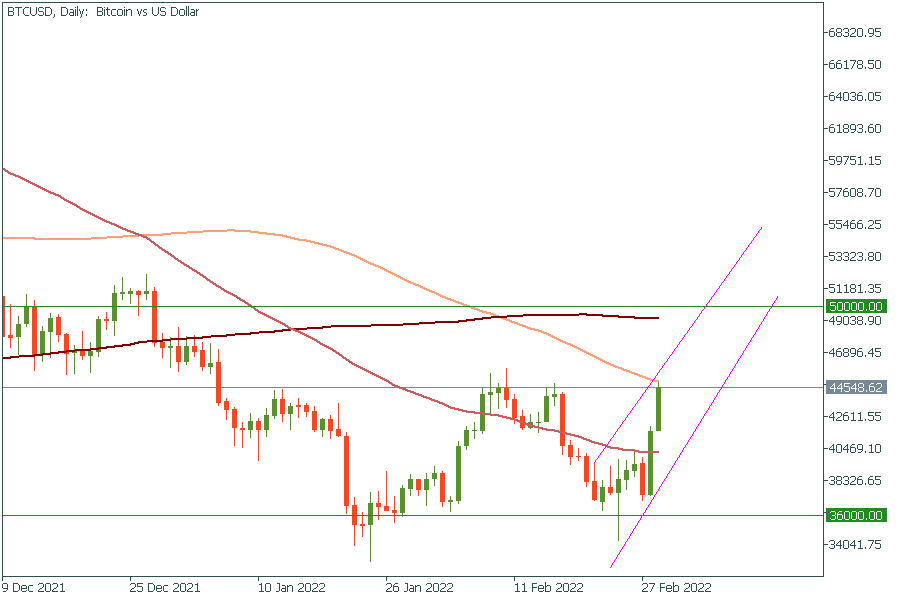
During the last five days, when the Russian invasion began, transactions on centralized Bitcoin exchanges in both the Russian ruble and the Ukrainian hryvnia have surged to their highest levels in months, according to crypto data company Kaiko. Since Sunday, total cryptocurrency donations to the Ukrainian government and non-governmental organizations supporting the military stood was about $16.7 million.
Russians are aware of the volatility of their currency, and the financial system may see Bitcoin as a way to protect their savings. On Monday, Bitcoin traded on some Russian exchanges for $46,000, about $5,000 more than its US price. There is usually no difference between the Russian and US price of bitcoin because there are arbitrage possibilities; it indicates that such a jump in the price of Bitcoin is caused by buying in Russia.
However, when Ukraine’s vice prime minister Mykhailo Fedorov urged crypto exchanges on Sunday to block Russian users, Binance, KuCoin and other major crypto exchanges refused.
“We are not going to unilaterally freeze millions of innocent users’ accounts,” a spokesperson for Binance told CNBC. “Crypto is meant to provide greater financial freedom for people across the globe. To unilaterally decide to ban people’s access to their crypto would fly in the face of the reason why crypto exists.”
Now, it’s supposed that Russia can decide to use cryptocurrencies in commodities deals. However, most of the world trading is still dollar-dominated. As a result, it will be difficult for Russia to use crypto to evade SWIFT.
However, if Russia fails to use the cryptocurrency to bypass sanctions, this could increase the viability of the cryptocurrency in the eyes of regulators. Either way, the future looks interesting for Bitcoin and Co because the events can push crypto to occupy a more visible place in the global financial system.
What’s next for Bitcoin price?
As BTC/USD rebounded from $33,500 and is trying to form a ‘double bottom’, some analysts have started to expect the advance to $50,000 and $51,000. That would be the middle of the range, in which Bitcoin has been trading since the start of 2021. Given the things we’ve outlines in this article, we consider such a scenario quite realistic. Support for BTC/USD is located at $36,000/$35,000.

Bank of Indonesia Governor Perry Warjiyo announced that Jakarta is following the lead of the BRICS bloc to reduce dependence on the USD and diversify the use of currency in international trade. Indonesia is "more concrete" than the BRICS...
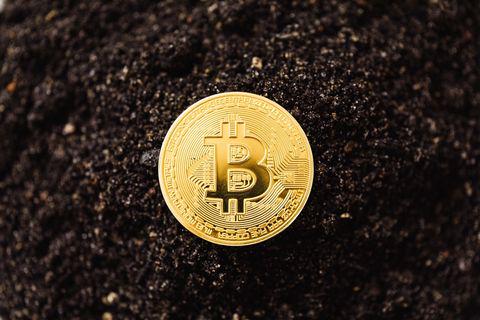
Hold on to your seats, folks! Bitcoin (BTC) is back with a vengeance, soaring past the $30 000 mark on April 11th, reaching its highest point since June 2022. And it's not just BTC - Ethereum (ETH) is also making gains, trading at $1917 and bagging 3.1% gains...
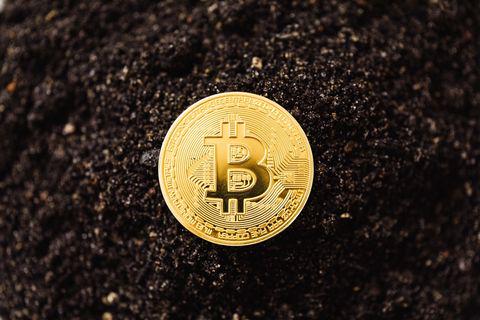
Hey, have you heard about the latest news on de-dollarization? It's the process of shifting away from the US Dollar (USD) as the world's reserve currency for trading...
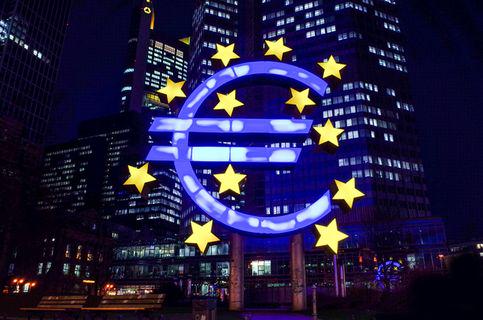
eurusd-is-falling-what-to-expect-from-the-future-price-movement
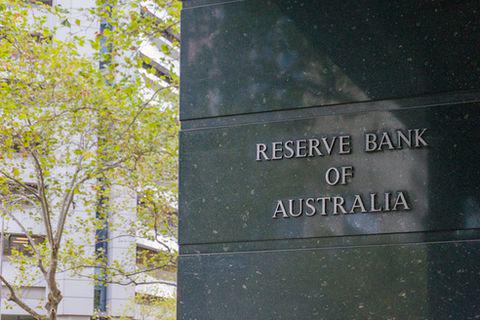
Greetings, fellow forex traders! Exciting news for those with an eye on the Australian market - the upcoming interest rate decision could be good news for Aussies looking to refinance or take out new loans. The Mortgage and Finance Association Australia CEO, Anja Pannek, has...

Hold onto your hats, folks! The Japanese yen took a nosedive after the Bank of Japan (BOJ) left its ultra-loose policy settings unchanged, including its closely watched yield curve control (YCC) policy. But wait, there's more! The BOJ also removed its forward guidance, which had previously pledged to keep interest rates at current or lower levels. So, what's the scoop? Market expectations had been subdued going into the meeting, but some were still hoping for tweaks to the forward guidance to prepare for an eventual exit from the bank's massive stimulus
Your request is accepted.
We will call you at the time interval that you chose
Next callback request for this phone number will be available in 00:30:00
If you have an urgent issue please contact us via
Live chat
Internal error. Please try again later